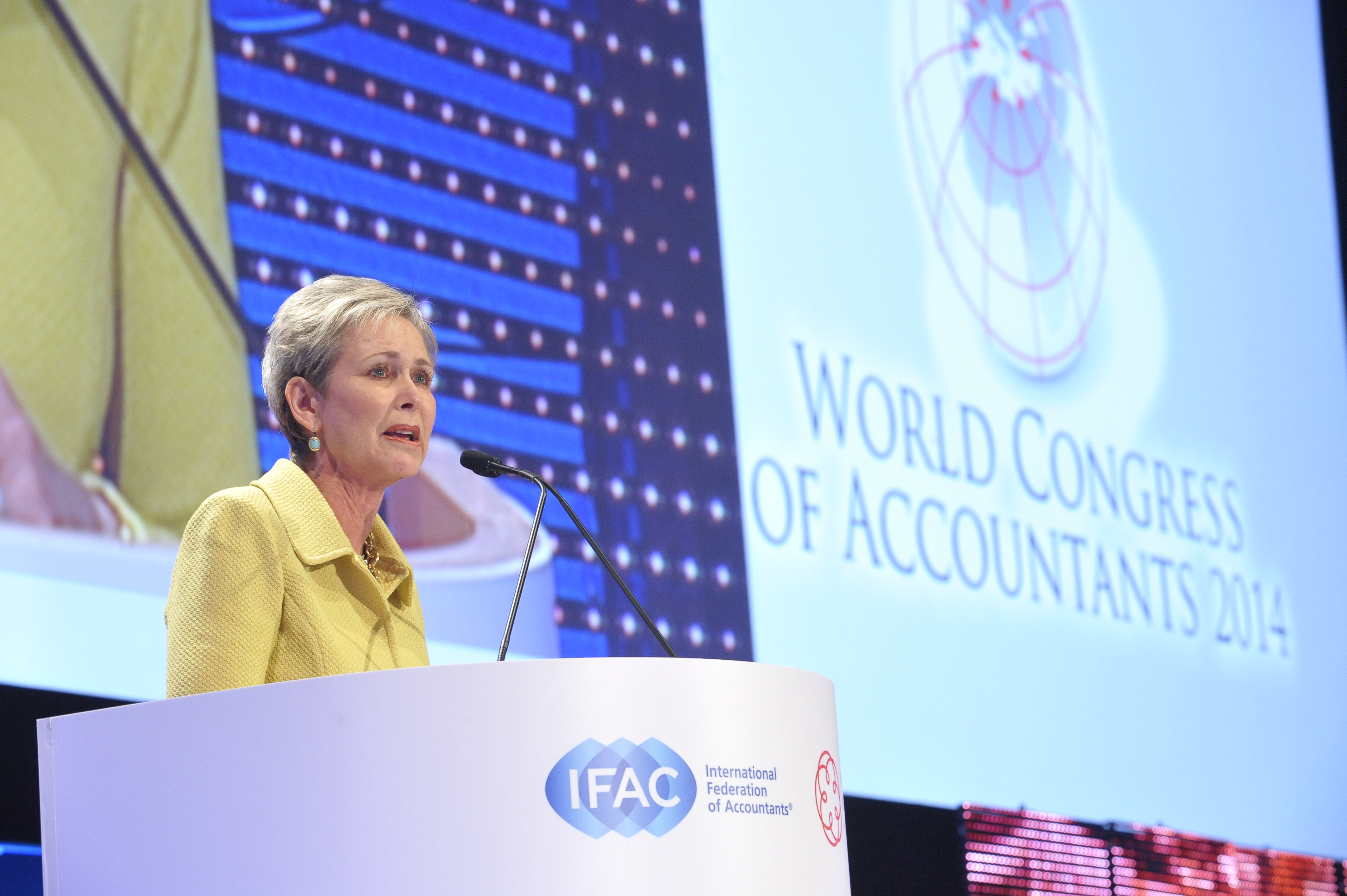The International Federation of Accountants® (IFAC®) today published in the Spanish language the following guidance for professional accountancy organizations (PAOs):
- Mentoring Guidelines for Professional Accountancy Organizations
- Mentoring: The Path to Sustainable Development; and
- Establishing Governance: A Guide for Professional Accountancy Organizations.
These Spanish translations were performed by the Federación Argentina de Consejos Profesionales de Ciencias Económicas and are a result of the Ibero-American cooperation framework, known as the IberAm project. Established in 2012, the IberAm project—which includes IFAC and its member bodies in Argentina, Mexico, and Spain—is an IFAC-authorized translation and review process that strives to achieve longer-term, sustainable processes for single, high-quality Spanish translations of international standards and other IFAC publications. The Interamerican Accounting Association, IFAC’s regional organization for Latin America and the Caribbean, is an observer to the project. In addition, the project involves a Review Committee of technical experts representing IFAC member bodies in nine Spanish-speaking countries.
"Experience has shown that collaborative relationships between PAOs can be one of the most effective and sustainable approaches to building the capacity of the accountancy profession, particularly in emerging economies," said Alta Prinsloo, IFAC Executive Director, Strategy, and Chief Operating Officer. "In addition, establishing and maintaining a sound system of governance enables a PAO to maintain credibility and deliver on its value proposition to its members and to the public. We hope that these Spanish translations will encourage and support a wider range of PAOs to further contribute to the development of the profession in their own jurisdictions and beyond."
Recognizing the ever-increasing number of knowledge-sharing partnerships between PAOs, and their potential value as capacity-building facilitators, Mentoring: The Path to Sustainable Development highlights mentoring’s benefits—to the mentor, the mentee, and to the profession.
The Mentoring Guidelines offer practical guidance on how PAOs can enter into, and sustain an effective mentoring relationship that will achieve mutually agreed outcomes. It covers considerations before setting up a relationship, how to involve other stakeholders, such as government and aid agencies, and managing possible risks. The guidelines also include a sample Memorandum of Understanding.
Establishing Governance explores the key elements of a PAO’s governance structure and operations, with a focus on how a PAO can best adhere to good practice principles in delivering on its mission and/or vision. It includes case study examples from Kosovo, Mongolia, and Rwanda as illustrations of varying approaches around the world.
Additional Spanish translations of IFAC publications will be forthcoming.
For an overview of translations of IFAC’s publications, please visit the IFAC Translations Database.
About IFAC
IFAC is the global organization for the accountancy profession dedicated to serving the public interest by strengthening the profession and contributing to the development of strong international economies. IFAC is comprised of over 175 members and associates in 130 countries and jurisdictions, representing approximately 2.5 million accountants in public practice, education, government service, industry, and commerce.


